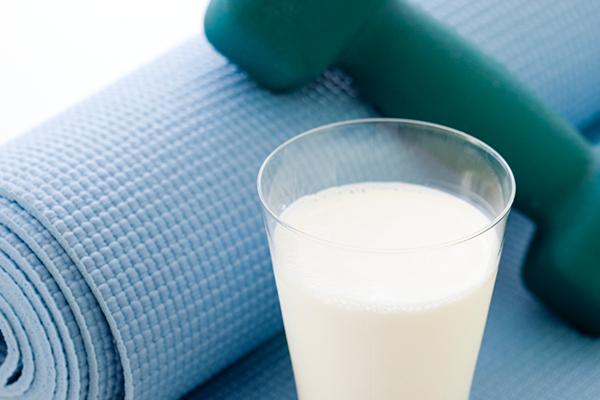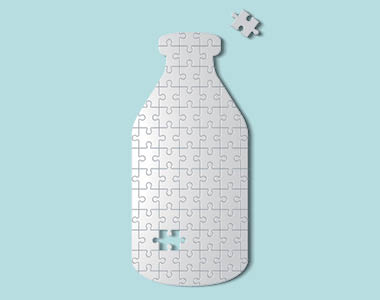
Healthcare professionals
Introducing the Dairy Matrix
Over the years science has discovered a lot about how nutrients affect our health, however, the reality is we don’t eat a plate of nutrients, we eat whole foods.
In recent years nutrition science has shifted focus from nutrients to researching the effect whole foods have on health.
And what they have found has sometimes been surprising.
For many foods the nutrient content does not necessarily predict its health properties.
Foods are made up of nutrients that are housed in complex physical structures or matrices. We are discovering the way nutrients interact within the food’s physical matrix can determine its health properties.
Scientists are calling this the 'food matrix effect’.
This is especially true for the dairy food matrix. Scientists and nutritionists are recognising that the effects of dairy foods extend beyond the benefits of the individual nutrients they contain.
Milk, cheese and yoghurt naturally contain a rich package of nutrients. The food matrix of milk cheese and yoghurt are each unique and they each have a health story to tell.

Information for healthcare professionals
Lactose intolerance and digestive discomfort
Lactose free does not mean dairy free. Many patients can still enjoy the benefits of milk, cheese and yoghurt even with lactose intolerance or digestive concerns.
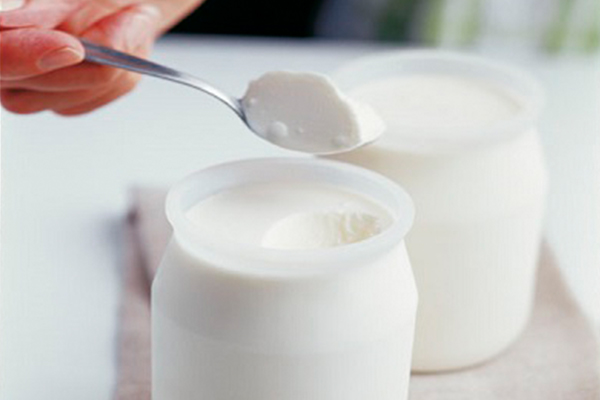
Bone health
Dairy consumption is an important determinant of bone health. Milk, cheese and yoghurt have a unique matrix that supports healthy bones.
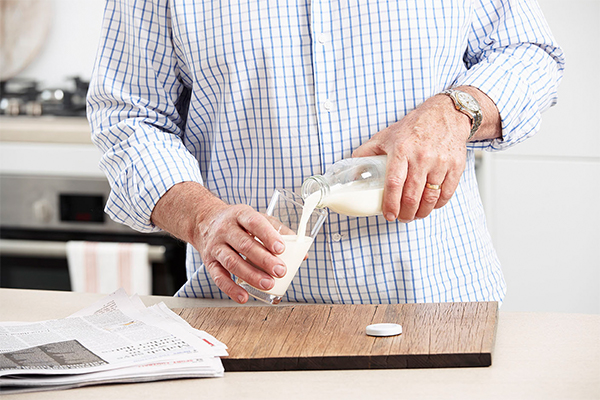
Heart disease and blood pressure
The Heart Foundation now recommends all types of milk, cheese and yoghurt for healthy people. The latest evidence shows these foods are not linked to an increased risk of heart disease.

Weight management
Milk, cheese and yoghurt are not linked to overweight or obesity according to the Australian Dietary Guidelines. Studies have shown these foods can even help with weight loss.
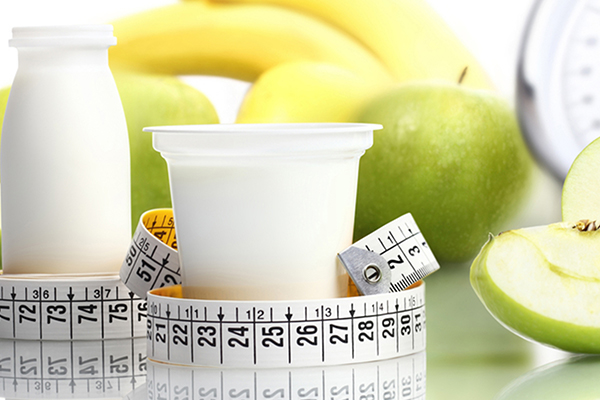
The dairy food group
The dairy food group in the Australian Dietary Guidelines includes milk, cheese, yoghurt and/or alternatives. Here’s a guide to how much your patients need.
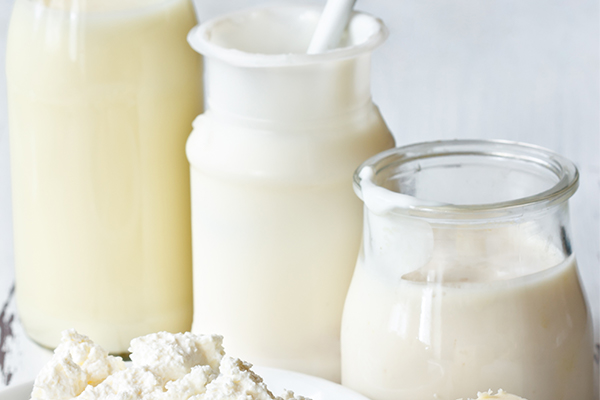
Sport and exercise
When it comes to sport and exercise goals, dairy has it all. Protein for muscle building, carbohydrate for fuel and electrolytes for hydration.
